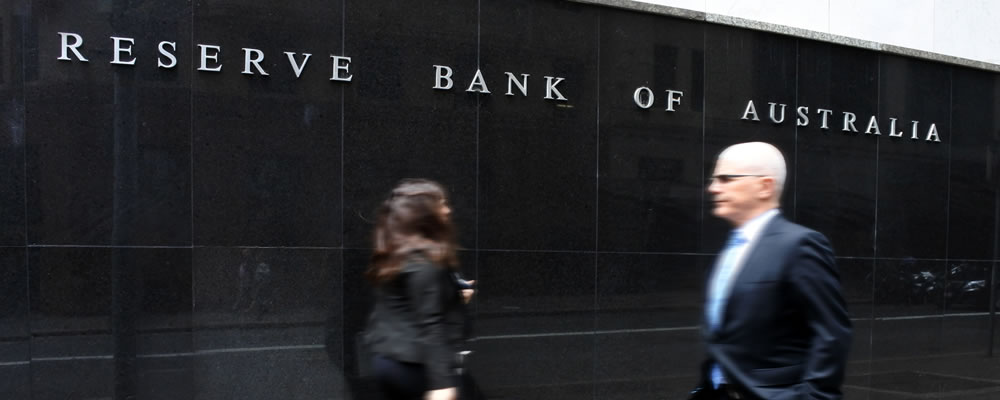Euro to Australian Dollar Exchange Rate Pressured by Central Bank Speculation
The Australian Dollar (AUD) saw a rise in demand following this morning’s Australian job market data, and broad concerns about the Eurozone’s economic outlook meant the Euro to Australian Dollar (EUR/AUD) exchange rate slipped to trend near its worst levels in months.
Since opening this week at the level of 1.6054, the Euro’s (EUR) weakness has persisted and this has kept EUR/AUD trending with a downside bias.
At the time of writing on Thursday, EUR/AUD was trending closely to its worst levels since May – 1.5946.
While EUR/AUD currently trends around a cent below the week’s opening levels, the Australian Dollar’s potential for further gains is limited.
Investors will be hesitant to buy the Australian Dollar too much due to concerns that the Reserve Bank of Australia (RBA) could continue to cut Australian interest rates lower, and Central Bank news will also drive the Euro over the coming week.
Euro (EUR) Exchange Rates Lack Drive in Anticipation of Next Week’s ECB Decision
A lack of particularly impressive Eurozone data this week, combined with continued signs of weakness in Germany’s economy, has kept Euro investors anxious ahead of next week’s European Central Bank (ECB) policy decision.
Speculation on how dovish the European Central Bank could become in response to prolonged weakness in the Eurozone economic outlook has been mixed.
With investors unsure on how dovish the ECB’s tone will be next week, markets are hesitant to move too much on the Euro.
Demand for the shared currency was little changed by yesterday’s Eurozone inflation report, despite it coming in a little stronger than projected.
On top of this, bets that the ECB will cut Eurozone rates by September, as well as speculation that the bank is looking at revising its inflation goals, kept Central Bank uncertainty alight and the Euro under pressure.
Australian Dollar (AUD) Exchange Rates Firms despite Mixed Australian Jobs Data
The Australian Dollar was one of the market’s most appealing major currencies today, despite Reserve Bank of Australia (RBA) easing speculation persisting and the latest Australian data doing little to change the outlook.
Perhaps this week’s most influential dataset for Euro to Australian Dollar exchange rate investors, Australia’s June job market report came in mixed.
Australia’s employment change figure was much lower than expected at 0.5k, but this was due to a drop in part-time employment. Full-time employment rose more than expected.
On top of this, the nation’s key unemployment rate remained at a strong 5.2% as expected.
The data overall signalled to markets that the RBA still had more work to do in order to stimulate Australia’s economic activity. Still, the Australian Dollar benefitted from the news as it showed resilience in Australia’s economic activity.
Euro to Australian Dollar (EUR/AUD) Exchange Rate Anticipates Eurozone Data and ECB News
Investors are hesitant to move too much on the Euro ahead of next week’s key European Central Bank (ECB) policy decision, which leaves upcoming Eurozone news as the biggest potential drive of EUR/AUD movement.
Reserve Bank of Australia (RBA) interest rate cut bets have been rising, but the Australian Dollar has been fairly resilient regardless. AUD could see weaker performance if RBA interest rate cut bets rise even further.
Essentially, key Eurozone and Australian ecostats, and other news that influences Central Bank bets, will be the focus for investors next week.
Many key Eurozone ecostats will be published throughout the week, starting with Eurozone consumer confidence on Tuesday, followed by the bloc’s July PMI projections on Wednesday.
Thursday’s session could be the most influential of the week though, with Australian inflation data from Q2 due during the Asian session and German business confidence data following in the European session.
However, the biggest news of the week is likely to be the European Central Bank’s (ECB) July policy decision, which will take place on Thursday afternoon.



